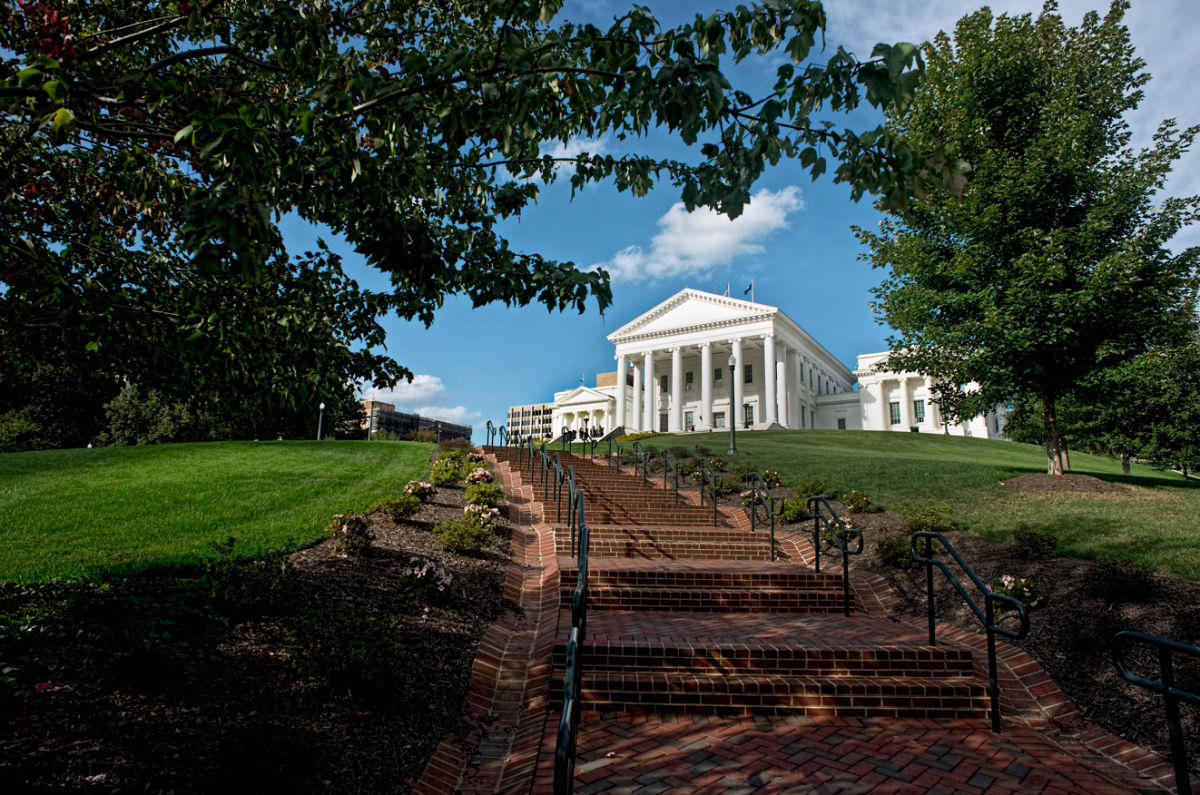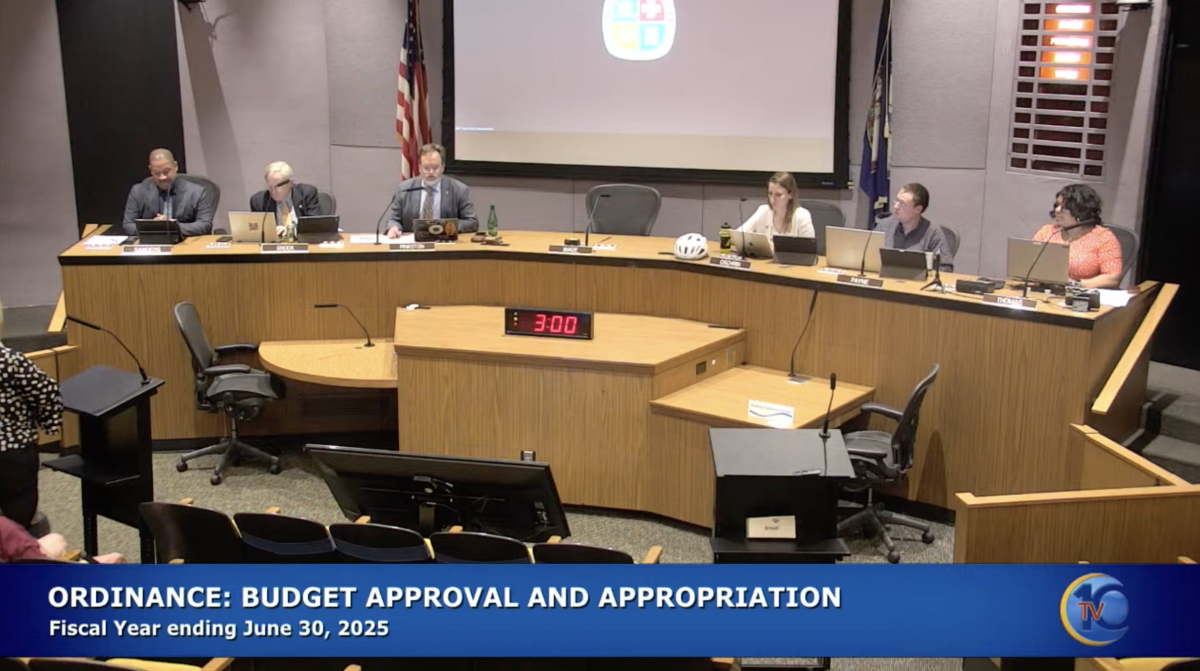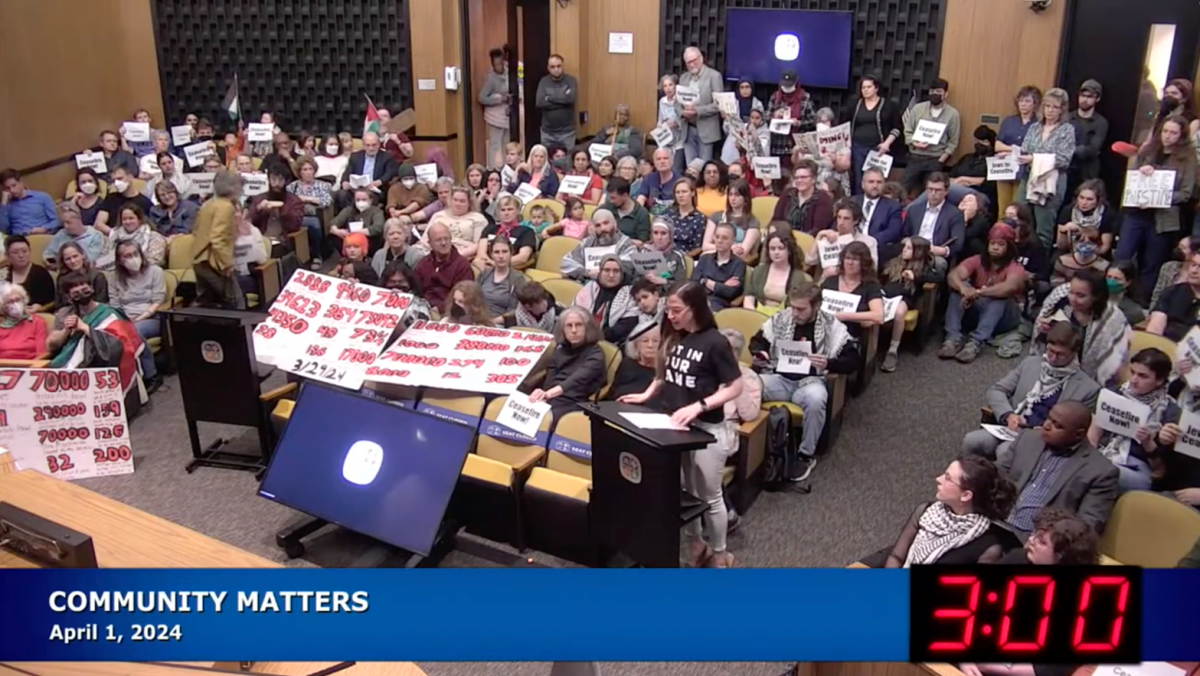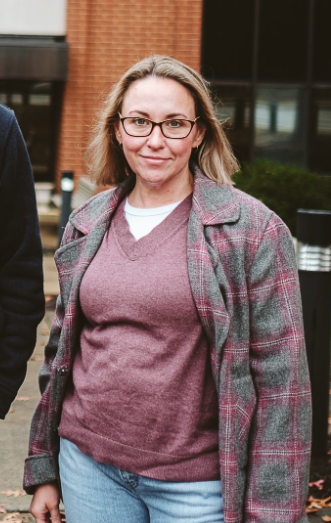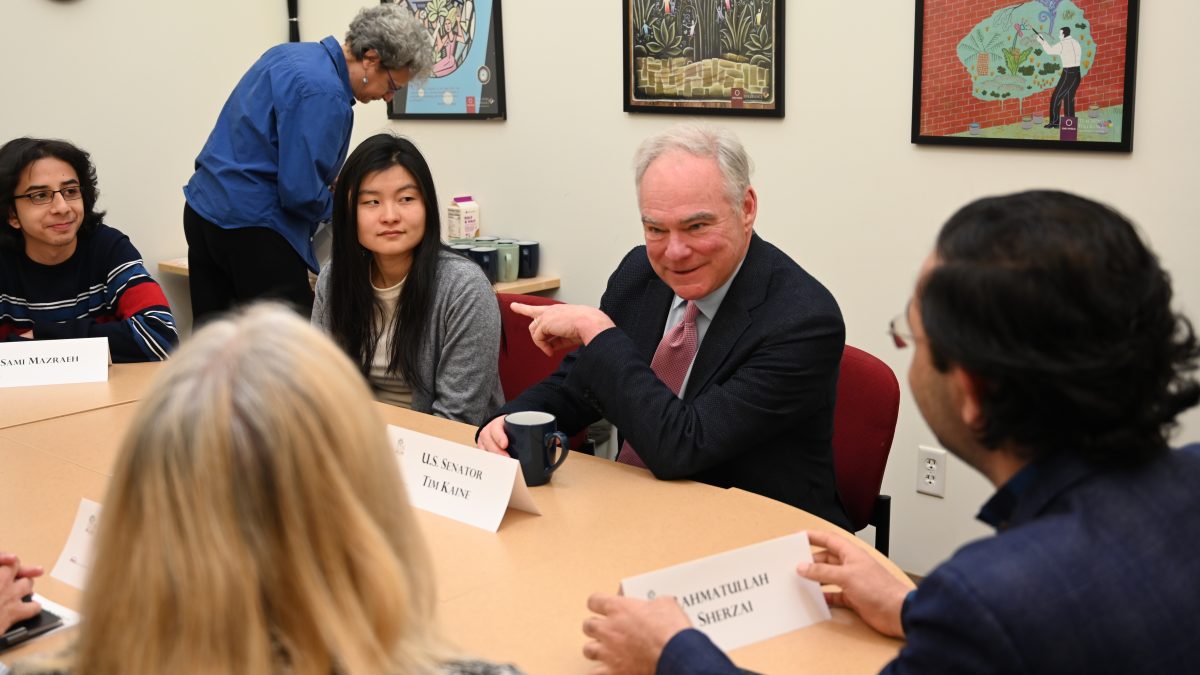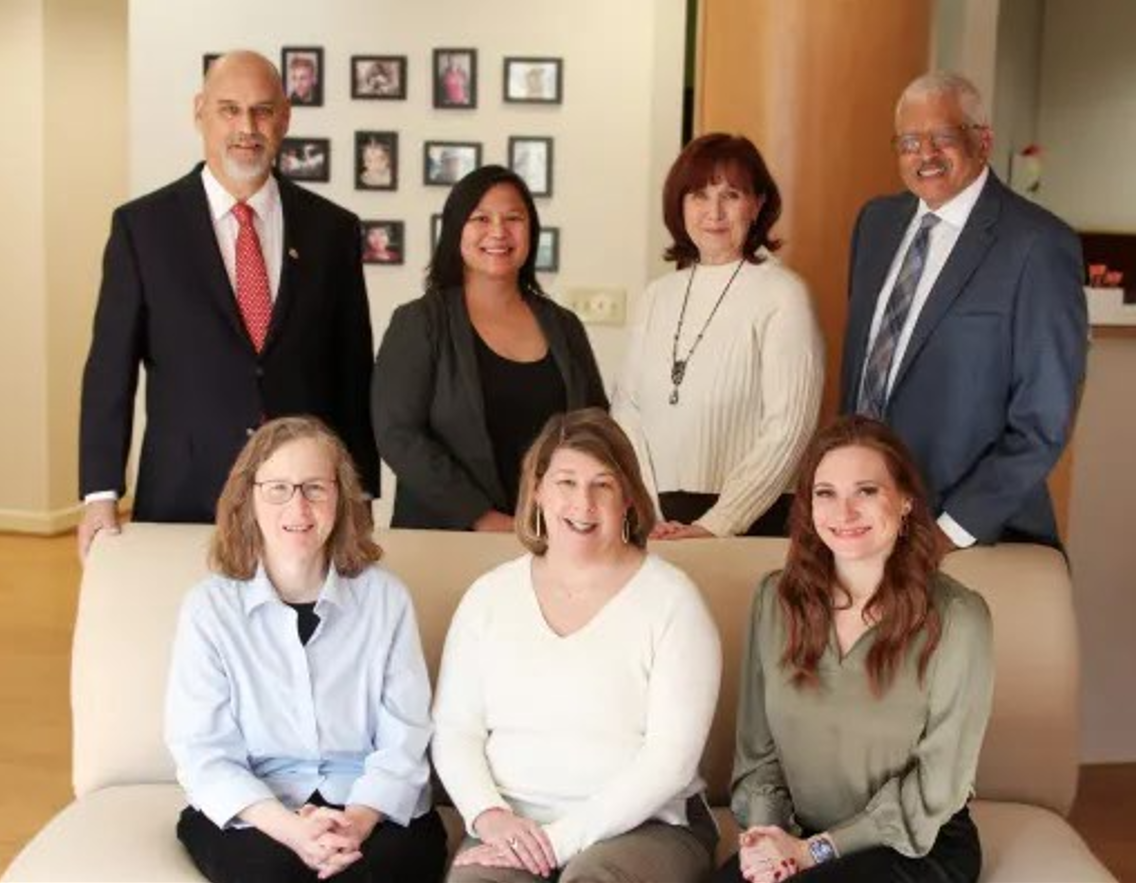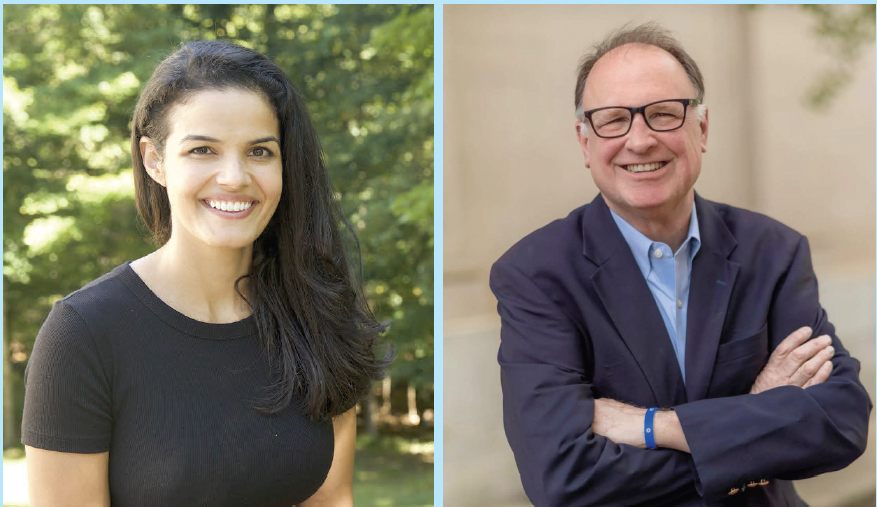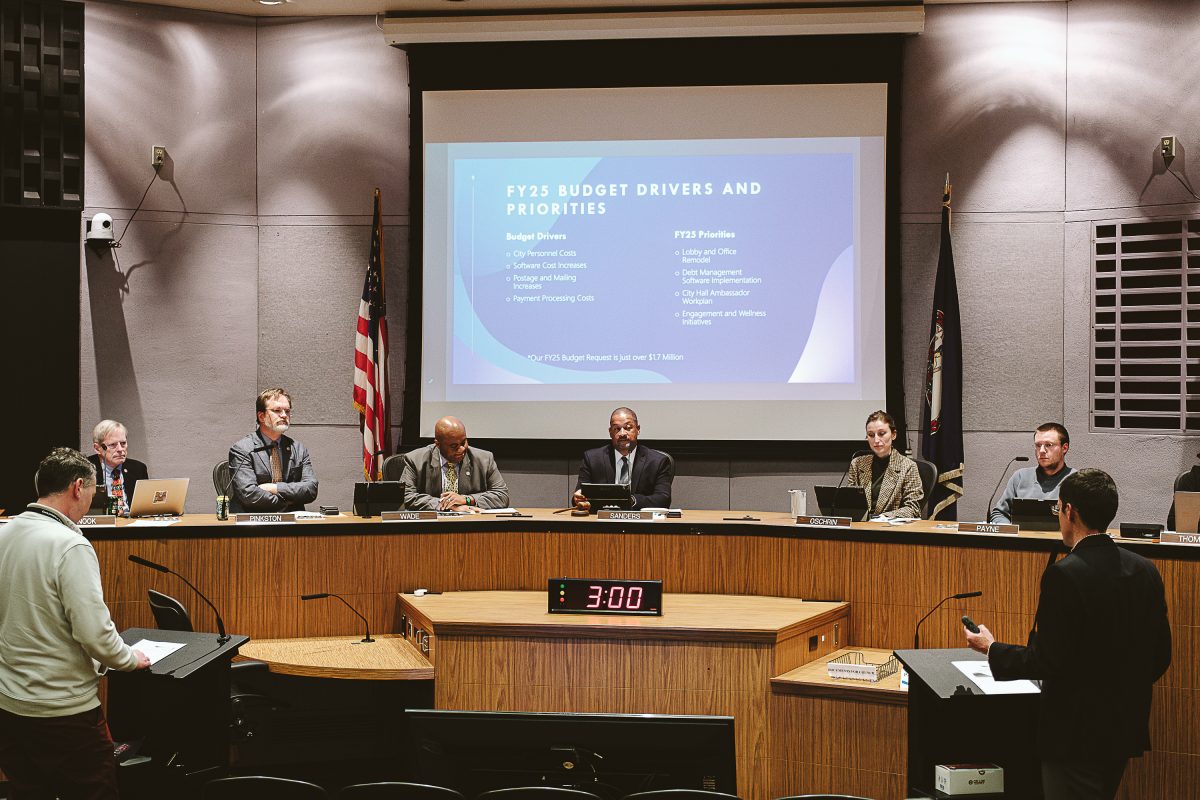Charlottesville representatives returned to Richmond for the April meeting of the state legislature. The April 17 session was originally intended to address vetoes, amendments, and the state budget, but a jam-packed agenda pushed budget considerations to May.
Though he didn’t outright veto the budget, Republican Gov. Glenn Youngkin put forward 233 amendments to the bill, and went on a tour of Virginia to rally opposition to what he called a “broken” spending plan.
Rather than try to address the divide on the budget during the one-day session, the House of Delegates voted unanimously to reject Youngkin’s budget amendments—allowing lawmakers to meet for a special session of the legislature on May 13 and, hopefully, pass the final spending plan by May 15. Legislators have completely scrapped the budget, and are now building a new budget with input from Democratic and Republican leadership.
Lawmakers have until July 1 to pass a budget before Virginia goes into a government shutdown. In the interim, the state budget delay is creating uncertainty for local governments, including Charlottesville’s.
The city’s budget was finalized on April 15, but questions about state funding make planning difficult for local school systems and other organizations slated to receive money from the commonwealth.
“The amount of state funding for local school systems is unknown,” said City Councilor Michael Payne in an email. “We have to wait to see how much additional revenue goes to [the] state increasing teacher salaries, funding ESOL positions, etc.”
According to Councilor Lloyd Snook, the state’s pushback of budget deadlines in recent years has added an additional layer of difficulty to the local budget process, resulting in city lawmakers “working in the dark.”
“Because council did not give the schools as much as they wanted, I was hoping that the budget would include at least another $2 million for the schools,” said Snook in an email. “The budget that is now supposed to be adopted in May might help the schools directly, but who knows at this point?”
Charlottesville will also feel the impact of the April legislative session through the failure of multiple bills introduced by local representatives. The legislature did not overturn any of Youngkin’s vetoes, despite bipartisan and popular support for several bills.
Among the legislation struck down were two bills from state Sen. Creigh Deeds, both of which focused on gun control.
In a bill update shared on social media, Deeds addressed the failure of Senate Bill 383, which was inspired by the fatal on-Grounds shooting of three University of Virginia student-athletes in
November 2022.
“Purportedly, it was known that the student on trial for their murders was having trouble and had firearms in his room in a University-owned residence hall,” Deeds wrote. “Even though this violated policy, law enforcement was hamstrung in their ability to respond to this information because this was not a criminal violation. SB 383 was about making sure law enforcement can act on reliable intelligence. If this had been law, the University Police would have been able to obtain a search warrant and remove the firearms.”
